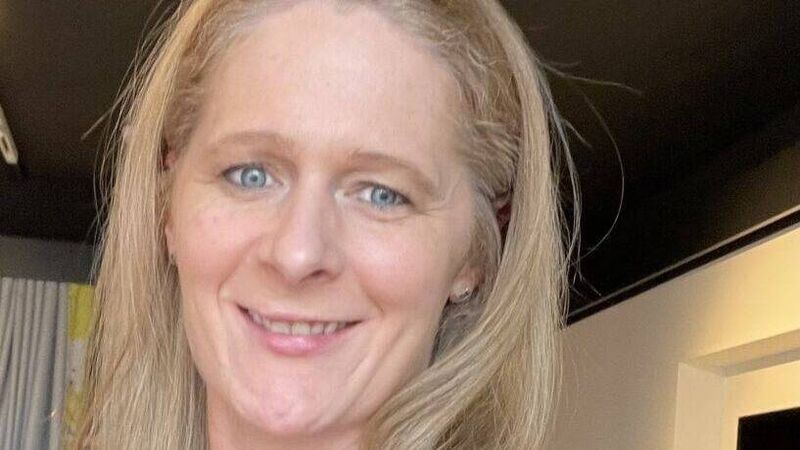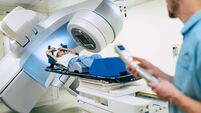Chronic delays to health scans: 'This is growing all the time, it’s inside me and it’s growing'

While relieved to be cancer-free after treatment for Stage IV melanoma, UCAN Ireland advocate Miriam Staunton said: 'The anxiety is not to be underestimated' when waiting for a scan or results. File picture
More than 46,000 people have waited longer than 18 months for vital scans, which could include diagnoses of cancer or heart disease, unpublished data from the National Treatment Purchase Fund (NTPF) shows.
Calls have been made for these “unacceptable” delays to be addressed with investment in machinery and staffing.













